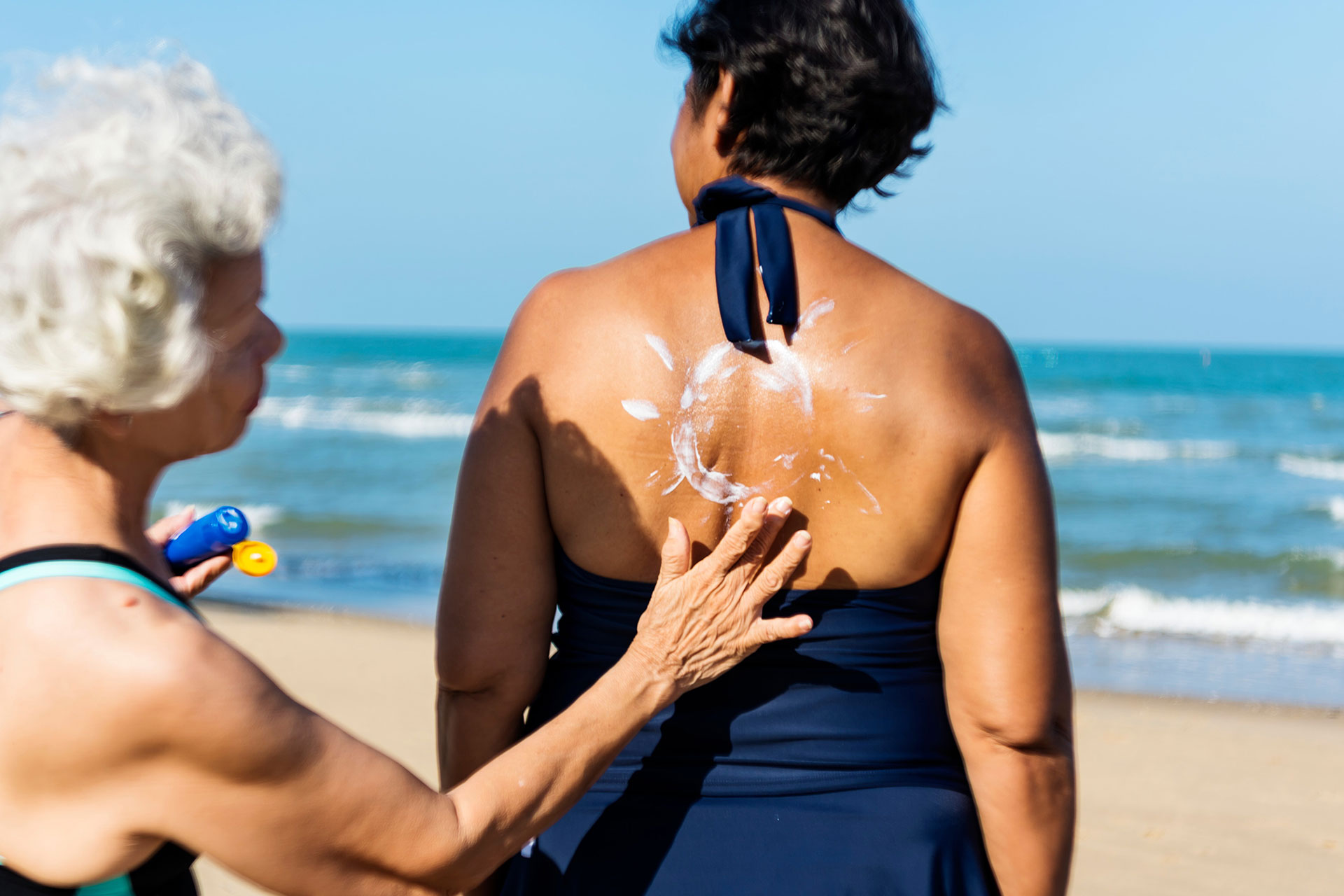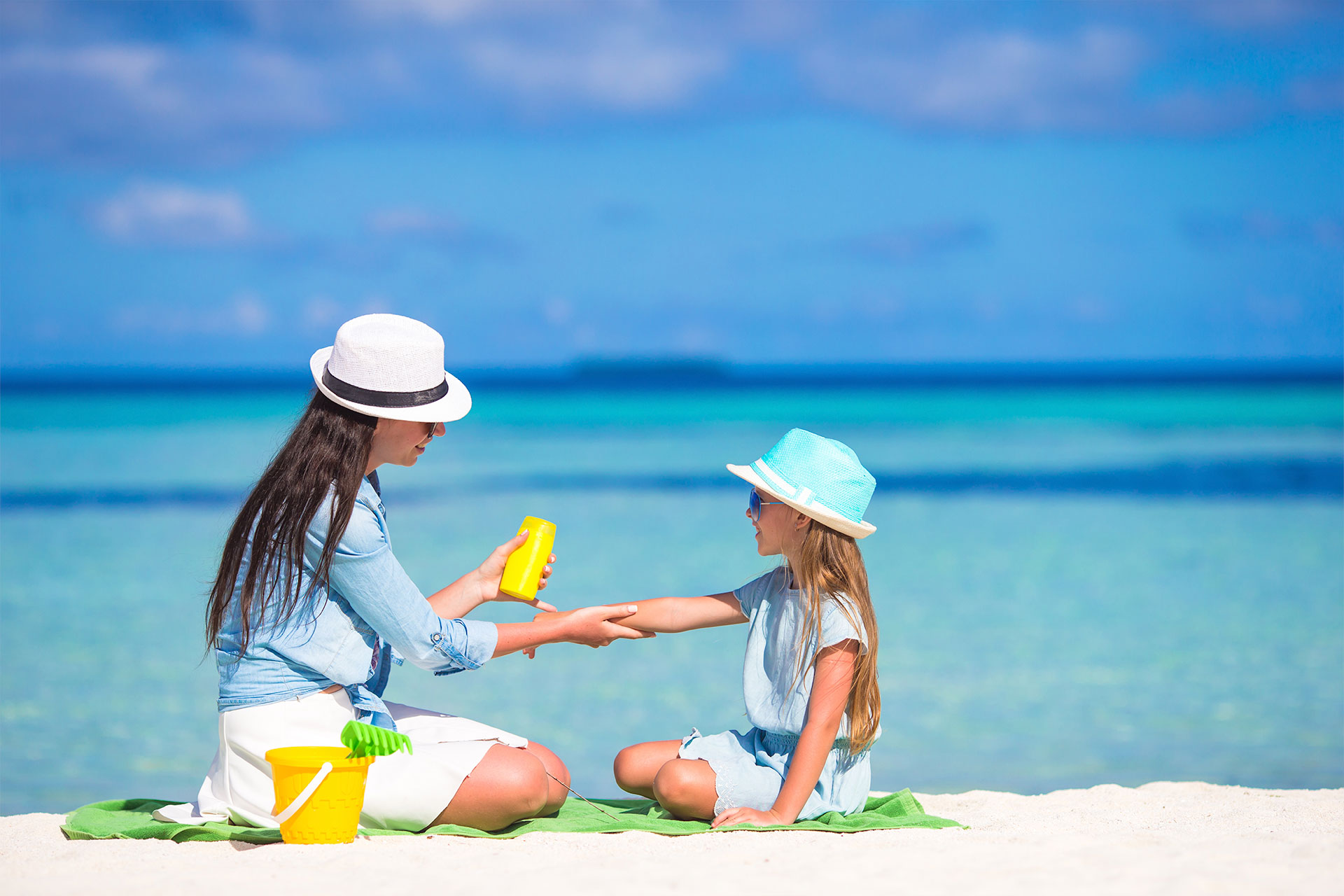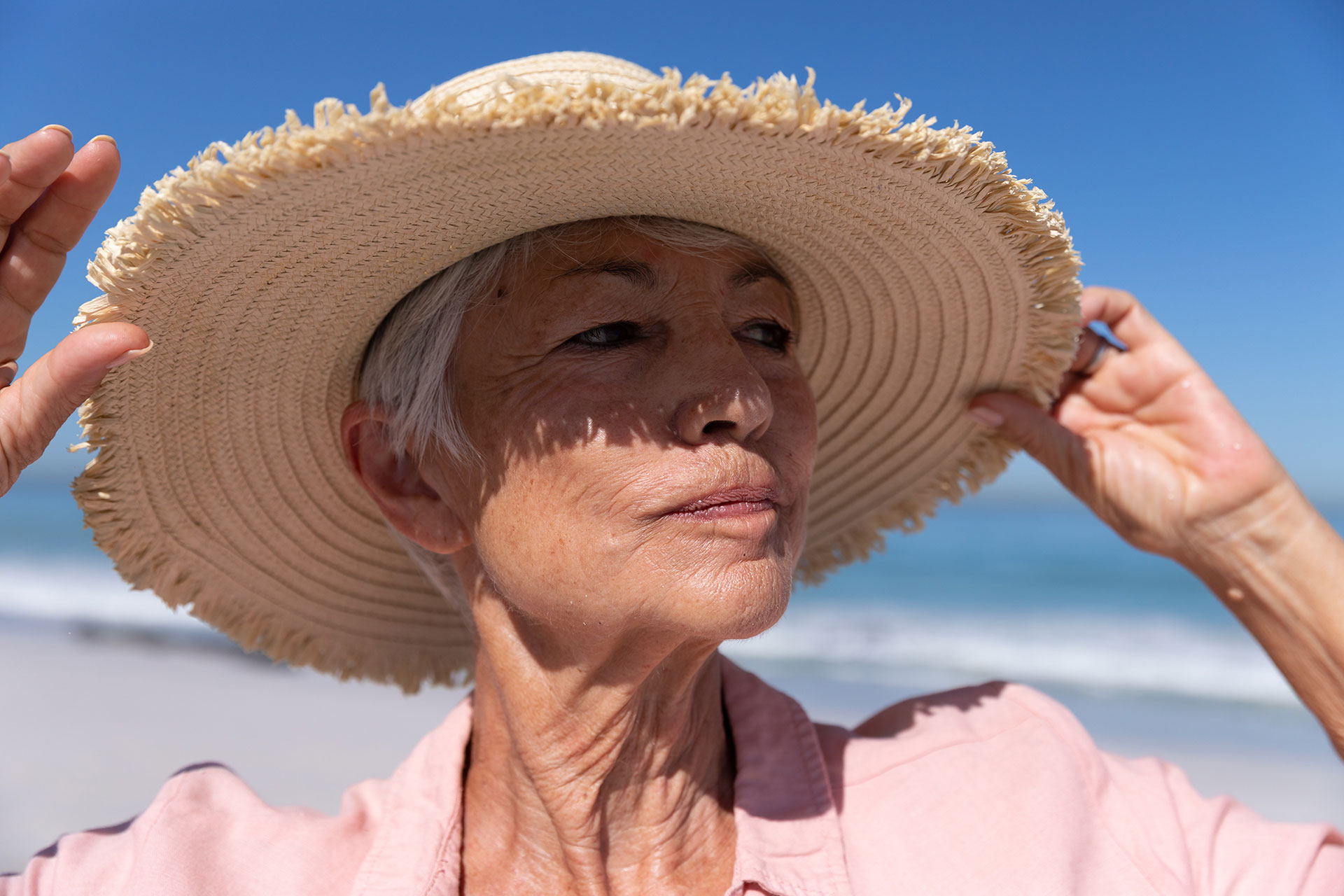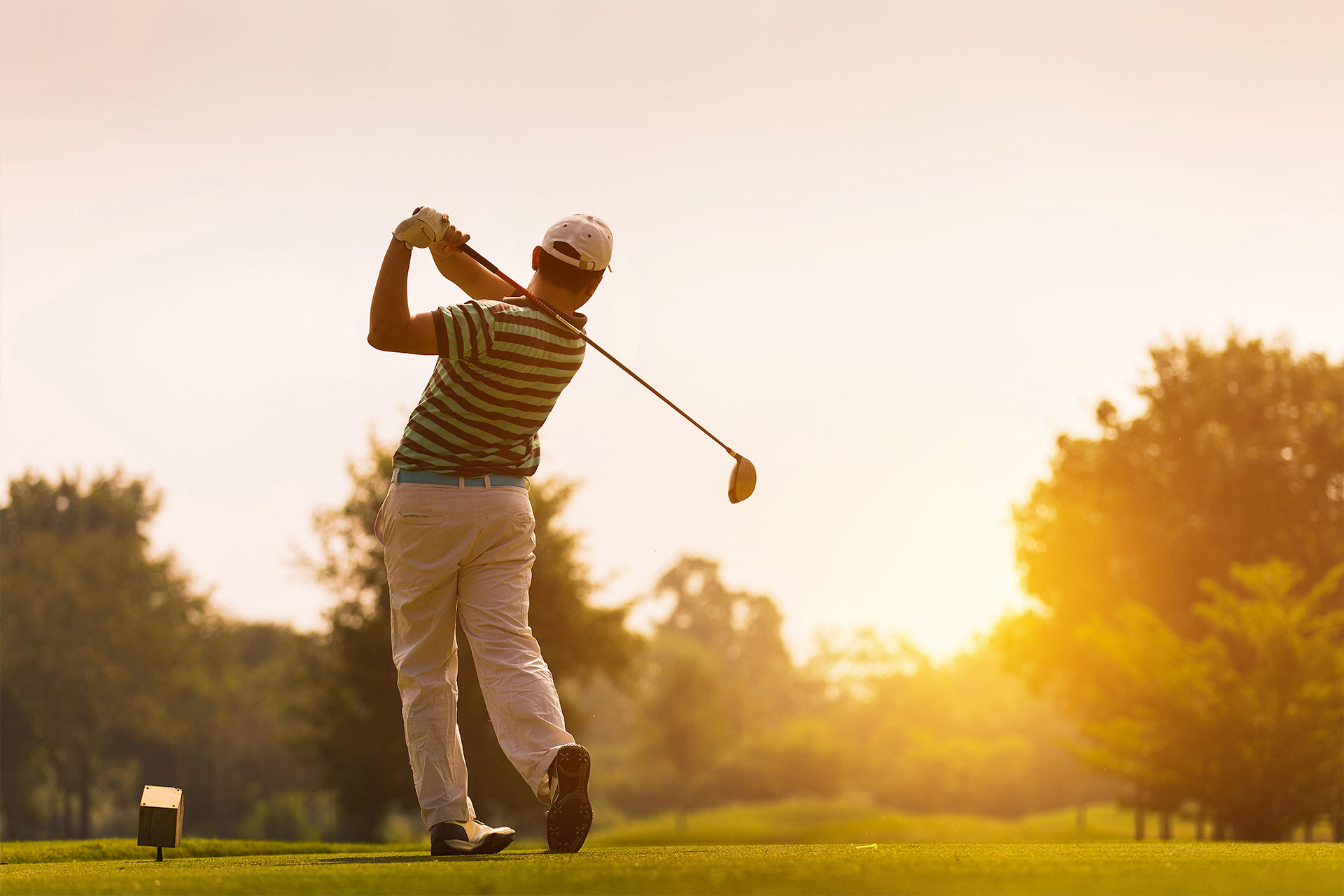It is a crucial time to remind everyone about the importance of protecting our skin from the harmful effects of ultraviolet (UV) radiation. It is UV Safety Awareness Month, and although the intense July sun can be enjoyable for outdoor activities, excessive exposure to UV rays can lead to severe health consequences, including skin cancer, premature aging, and eye damage.
At Signature Health Services, we are dedicated to educating families and individuals about the health and safety benefits of UV light. Our experienced home nurses and licensed therapists are key partners in this mission, offering guidance and personalized care to help our clients stay safe during the summer months.
Why UV Safety Awareness Matters
According to the Centers for Disease Control and Prevention (CDC) and the American Cancer Society, skin cancer is the most common form of cancer in the United States and the world. The leading cause? Excessive exposure to UV radiation, either from the sun or artificial sources like tanning beds.
Understanding how UV rays cause skin cancer is essential for prevention. UV radiation damages the DNA in skin cells, which can result in mutations and uncontrolled cell growth, leading to basal cell carcinoma, squamous cell carcinoma, or melanoma, the most serious form of skin cancer.
How Does UV Radiation Harm Your Skin?
Two types of ultraviolet rays impact human skin:
UVB Rays, which have shorter wavelengths and directly affect the outer layers of the skin, are the primary cause of sunburn and might play an influential role in the development of skin cancer.
UVA Rays penetrate deeper layers into the skin and provoke long-term damage, such as aging and wrinkles. Over time, UVA rays can also contribute to skin cancer by damaging skin cell DNA.
The UV rays’ side effects are cumulative and dangerous. Even short-term exposure, if repeated over many years, can result in UV skin damage that may not be reversible.

What Is Broad-Spectrum Sunscreen and Why Does It Matter
To effectively protect your skin, pick a broad-spectrum sunscreen. This label ensures the product protects against both UVA and UVB rays.
Essential Safety Tips for Summer
As part of UV Safety Awareness Month, we offer the following safety tips for summer to help you enjoy the sun safely and responsibly.
Use Sunscreen Properly
Wear Protective Clothing
Wear a Hat and Sunglasses

Seek Shade
UV Light Health and Safety at Home
Understanding and implementing UV light health and safety practices are not mere individual responsibilities; they are a community effort.
Our professionals might help with:
Through in-home education and personalized care, we help raise awareness during July UV Safety Awareness Month and beyond, especially for patients with chronic conditions or limited mobility who may not be exposed to general public health campaigns.
A Serious Warning about Tanning Beds
The artificial UV radiation from these devices is just as harmful, if not more so, than natural sunlight. The World Health Organization classifies tanning beds as a Group 1 carcinogen, the same category as tobacco and asbestos. Just one indoor artificial tanning session increases your risk of developing melanoma by 20%.
If you are looking for a summer glow, opt for self-tanning lotions or sprays, which are UV-free and safe alternatives.

When to See a Doctor
Be vigilant for signs of skin changes, including:
- 1New or changing moles or freckles
- 2Sores that do not heal
- 3Discoloration or unusual spots
Early detection saves lives. If you or your loved one notices anything suspicious, consult a dermatologist or healthcare provider immediately.
Make UV Safety a Year-Round Habit
Although July is UV Safety Awareness Month, it’s the perfect time to spotlight sun safety; however, these habits should be practiced year-round. UV rays can still affect your skin, even on winter days or when it’s cloudy.
By incorporating these safety tips for summer and working with knowledgeable healthcare professionals, you can significantly reduce your risk of UV skin damage and skin cancer.
We urge everyone to be proactive this July UV Safety Awareness Month. Let us help you enjoy the July sun responsibly and safely, for a healthier today and tomorrow.
Need help protecting your health at home?
Contact Signature Health Services to learn how our skilled team of home nurses and therapists can support your UV light health and safety awareness and overall wellness.
Enjoy the Sun Responsibly!
For more information on how Signature Health Services can provide you with the best in home healthcare, please call (800) 277-8291 or email information@signaturehealthservices.net.

We put the heal in healthcare
ALWAYS ON CALL
| Monday – Sunday | 24 / 7 |
1 (800) 277-8291 (option 1)
COUNTIES SERVED
OUR VALUES
TESTIMONIALS

I love all of my home health people.

All Signature staff as well as therapy were very helpful.

Their services have always been great.

I really love my physical therapist. Gary has helped me so much.

This has been one of the best agencies. Very caring nurses.

I’ve had a really good physical therapist and really nice nurses.

I have had excellent care & would recommended them to anyone.

Gary Dixon is the very best physical therapist in Baytown and Houston Area.

